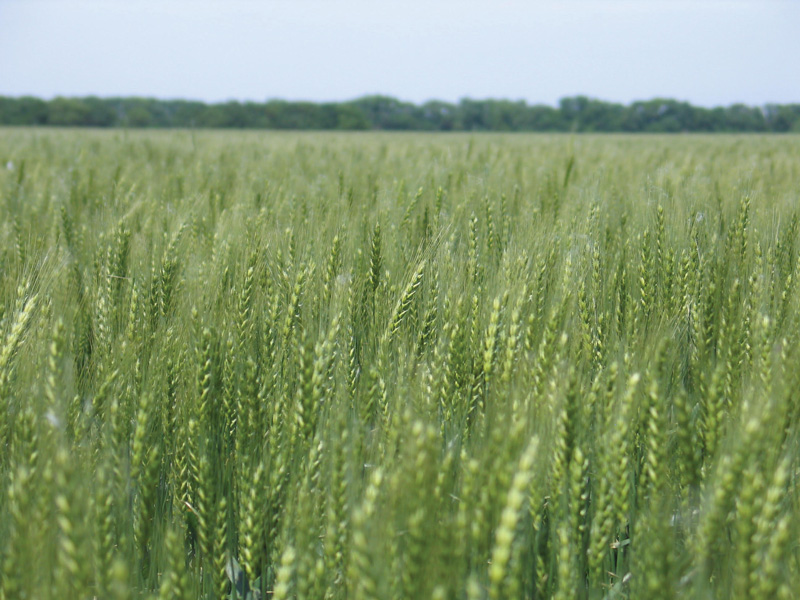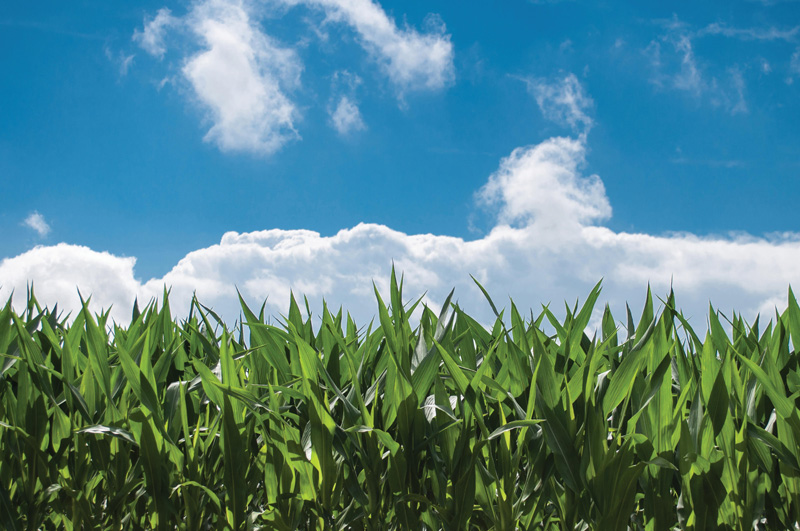
No-tillers: Do You Want Your Combine to Cut or Chop the Stalks/Stubble?
Since many farmers in the US & Canada are contemplating equipment trades or purchases at this time of year, I’d like to weigh in with a few thoughts on harvesting equipment.

Since many farmers in the US & Canada are contemplating equipment trades or purchases at this time of year, I’d like to weigh in with a few thoughts on harvesting equipment.

Many of you are fighting to get your corn crop planted in the mud across the central & eastern corn-growing areas of the US/Canada.

I know a number of you think you’ve got this nailed, but the fact is that I see 90% of the planters out there still running nose-down. Part of the problem is that the tongue angle is a big distraction (and the parallel links).

We highly recommend this article, The Biology of Soil Compaction (pdf), revised and updated from an Ohio State* publication, and consider it to be absolutely essential to understanding a no-till system. Indeed, it should be ‘required reading’ for anyone involved in farming. Or even gardening! *The second author is Juca Sá, the famed

Planting conditions have become very dry across much of the USA & Canada, hence a few tips: On planters and drills of all makes & models, we cannot emphasize enough the importance of having enough frame weight.

Howard G. Buffett’s high-caliber accomplishments are stand-out, even though his father is far more recognized

In general, none of us (as adults) particularly enjoy discovering that we’ve made a mistake.1 But sometimes we’re quite grateful after the initial ‘Oh, duh’ moment has passed.

Dear Exapta customers & contacts, Whether you’ve seen this article previously or not, it is worth reviewing— whether you farm in wet conditions or dry. It explains the single most important factor in getting water (rainfall or irrigation or snow melt) to move into the soil: Understanding the Process of Water Infiltration* by

In tandem with the mechanical aspects of attaining consistently good stand establishment, the oft-overlooked biological aspect of seed vigor plays a crucial role. Great differences in health exist amongst seeds, and particularly amongst different seed lots. These differences…Read More

A few tips from the folks at Exapta: 1) For firm seedbeds, make sure the down-pressure is sufficient to keep the opener at the proper depth (this is especially important for crops such as winter wheat). For JD 50/60/90-series drills, this usually requires that the rockshaft be sloped downward in

Corn planting season is fast approaching for much of North America’s Corn Belt, and many planters are now in the shop for overhauls, so a quick review of some essentials seems appropriate: 1) Check opener blades. Once they’ve lost 3/8-inch off their diameter, they’ve lost their bevel and no longer

i.e., how much precision is economically advantageous? As an agronomist and the founder of a company that strives to improve seeding hardware and methods, I have long held the view that we need greater precision of seed placement. By ‘precision of seed placement,’ I am referring to accuracy and consistency
Derek is Kansas native who grew up in a 100% no-till farming operation. From an early age the benefits of no-till were made known to Derek by his father and by attending no-till conferences. From there he furthered his passion for soils while at Kansas State University getting his agronomy degree. He has had the experience of working in various roles and sectors of agriculture from sales and consulting to management, which have all been within production agriculture. Derek has also worked in specialty ag markets such as turf and ornamentals.
Sales & Service Representative
Prior to joining Exapta, Bob Pagel was an Agricultural Territory Sales Manager for Ritchie Brothers, serving parts of MN, WI and IA. He continues to support his family farm in SE Minnesota.
Current Product Engineer
He brings hands-on experience in no-till planting equipment, agricultural research, and design engineering. With a background in farming in NE Kansas and an engineering degree, he spent seven years at Kansas State University and three at Landoll Company. He’s passionate about solving engineering challenges and developing durable, user-friendly products.